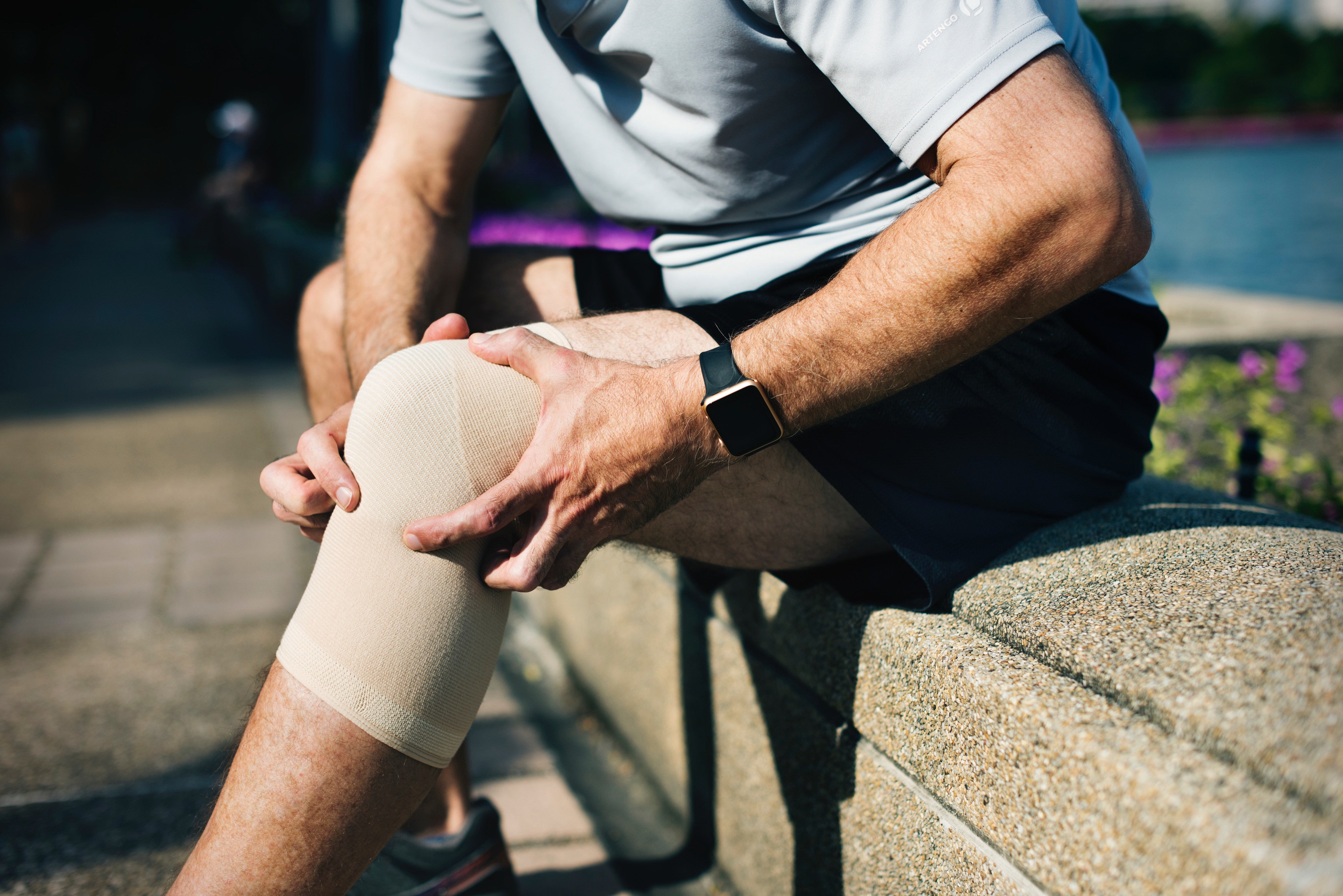Jan 8, 2019
Understanding & Combating Inflammation
What is inflammation
Inflammation is a common affliction that many people must face on a daily basis. Understanding why and how inflammation comes about cannot only help combat the condition but also help to prevent it. Simply put, Inflammation is an early defence mechanism that protects the body from infection, disease and tissue damage. Inflammation can occur from sporting injuries to arthritis as well as several inflammatory diseases including Lupus, Coeliac Disease, Multiple Sclerosis and Rheumatic Fever.
In most cases, inflammation is in the form of;
- Redness & heat localised to a certain joint or muscle
- Swelling or a build up of fluid to a certain joint or muscle
- Pain and discomfort to a certain joint or muscle
- Immobility to a certain joint or muscle
What causes inflammation?
Inflammation can be triggered for a variety of reasons. These can include;
- Tissue damage – common among athletes
- Clotting of platelets
- Presence of a foreign substance
- Infection
- Unnecessary Inflammation (physiological, emotional and physical stress)
When one of these triggers occurs the body initiates it’s defensive safeguard which is in the form of ‘innate immune cells’ releasing inflammatory substances to the affected area. These substances aggressively protect the area and attract an influx of additional immune cells which will help to heal or alleviate the area. Once this has been achieved, the inflamed region should gradually diminish and revert back to its normal state.
The difference between inflammation and swelling
It is important to understand that both inflammation and swelling may appear similar but in fact vary quite considerably. Inflammation is the body’s healing reaction towards an injury or disorder which helps to prevent viruses and bacteria from infecting the area. The result is often an area that is reddened, hot and painful. Swelling, is the enlargement of an affected or injured area. Enlargement occurs due to fluid building up and becoming trapped within the tissue (muscles), known as Edema, or joint, referred to as Effusion. The aim of this fluid acts as a protective barrier to prevent further injury as well as helps to heal the condition.
Is Inflammation Good?
Inflammation is good as it helps to fight microbial, autoimmune, metabolic and physical ailments. However, inflammation can backfire on the body, in some cases severely. Instead of being a short-term healing solution, inflammation can linger longer than necessary which can begin to cause damage to the area of affect. This can become extremely painful and if left untreated cause long term damage to a joint or muscle.
How To Reduce Inflammation
Reducing inflammation can be achieved in a variety of ways but results are dependent on each individual and how their bodies react. Here are seven great ways to reduce inflammation – the natural way!
- Magnesium. Magnesium has shown to lower C-reactive Protein (CRP), a marker of inflammation. Read about more benefits of Magnesium Oil
- Soda Crystals. Sodium carbonate has natural hygroscopic properties meaning it can attract/absorb moisture or fluid. When applied on an inflamed joint or muscles, Bexters Soda Crystal may assist with relief. Read here for more information about swelling and inflammation relief
- Get yourself outdoors and absorb some Vitamin D
- Stay active. Exercise 3-4 times a week alternating between vigorous and light workouts
- Sleep! Make sure you are getting at least 7 hours a night, more if you can
- Practice meditation. Calm your body and rid yourself of stress
- Following a diet plan that sees 80% of your food intake being non-inflammatory and 20% that you like which might be inflammatory will help prevent inflammation flareups
